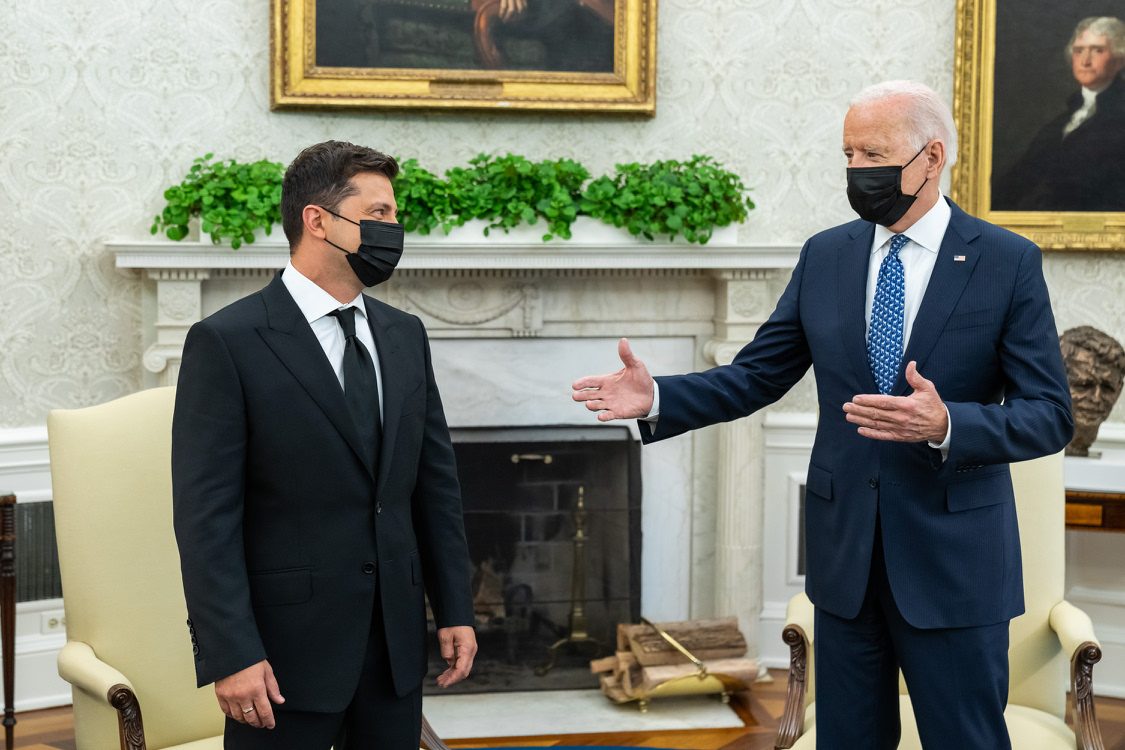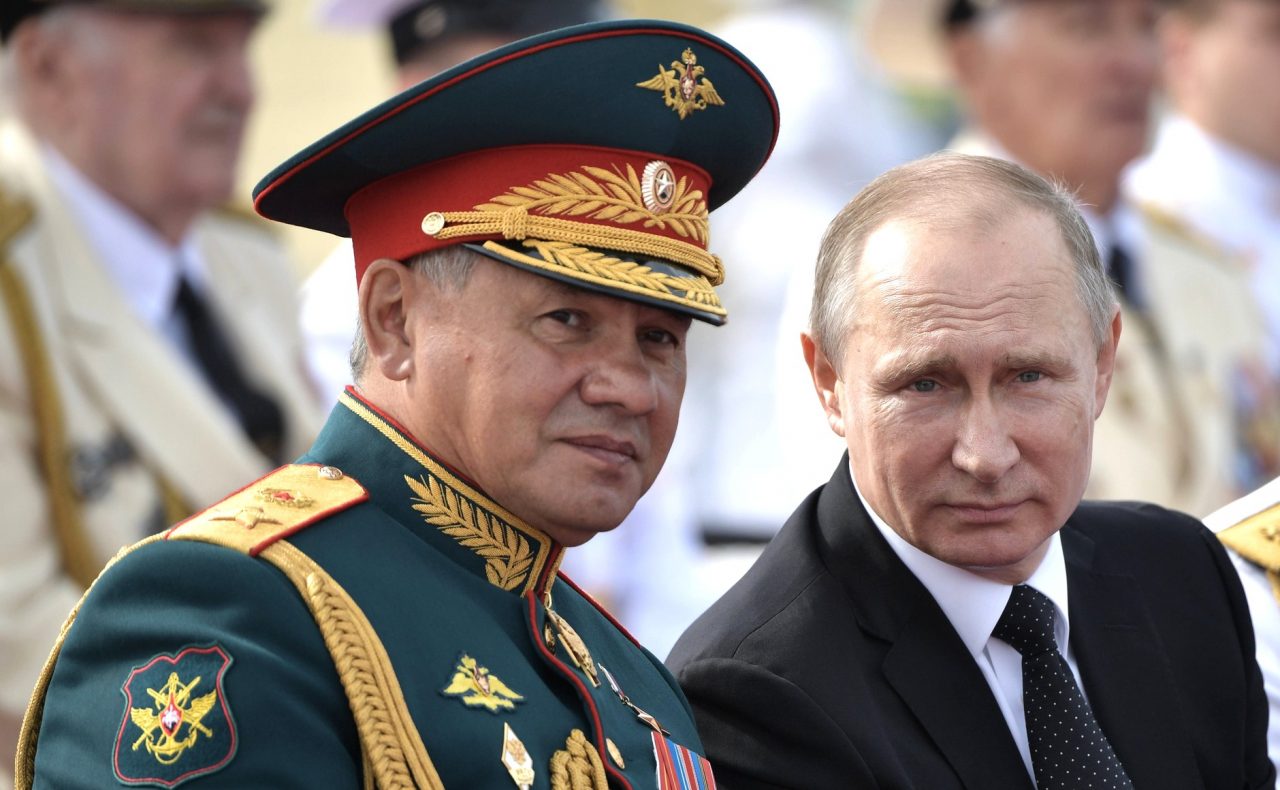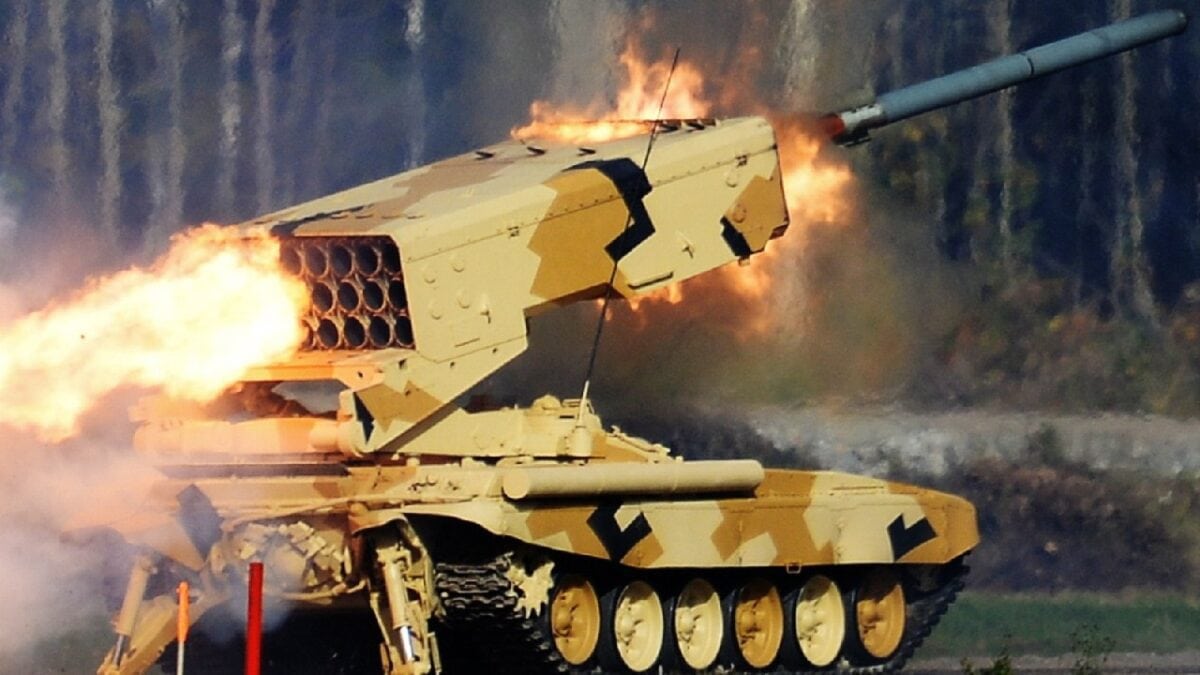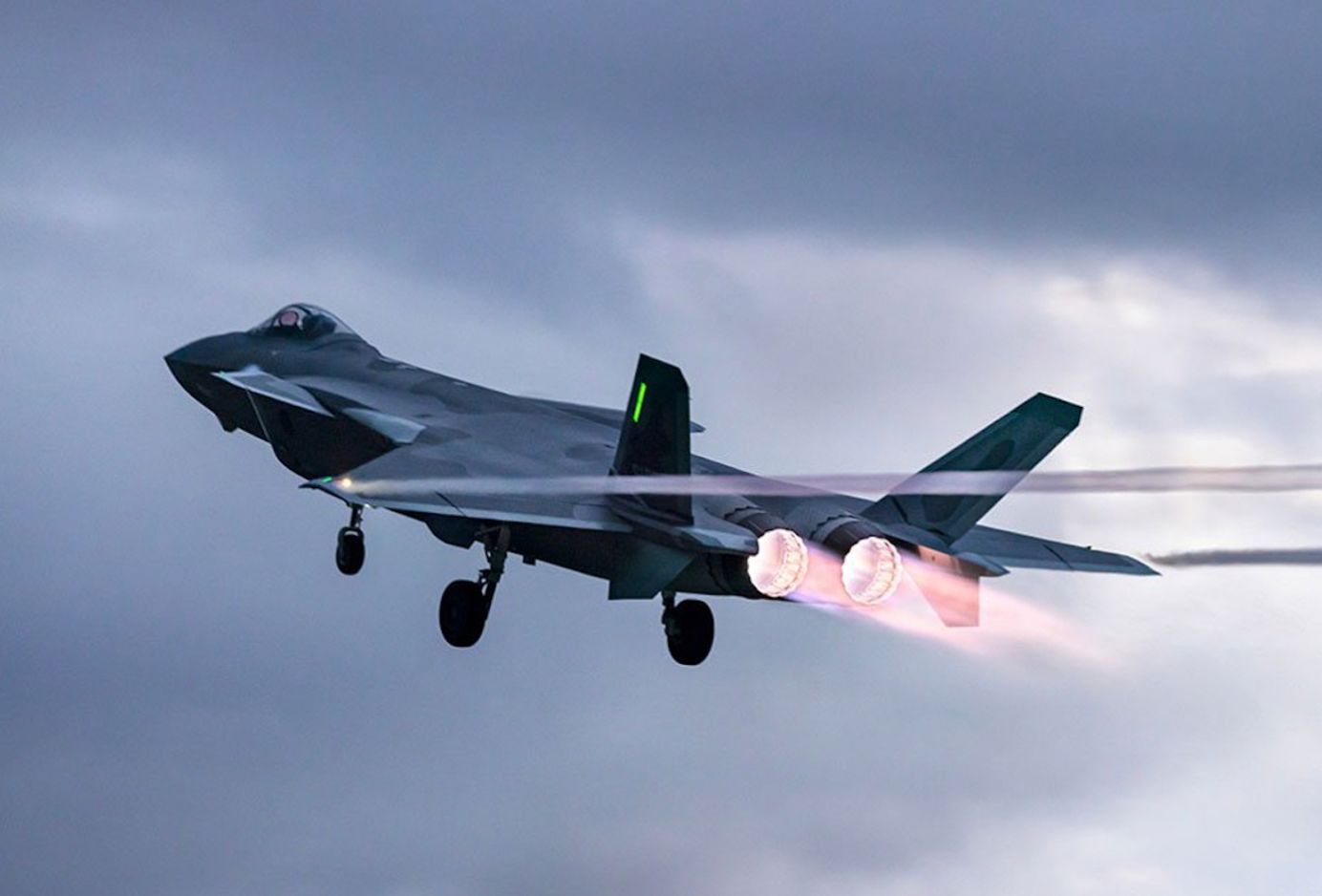The US is exploiting Artificial Intelligence capabilities in Europe to analyze data related to the conflict in Ukraine and track movements and activities of different actors there, US Army forces in Europe and Africa Commander Gen . Christopher Cavoli said in a congressional hearing on Thursday.
“There are a few efforts that the US side has been working on with regard to Artificial Intelligence. We are using a couple of those in Europe right now, during this crisis. They’re proving very, very useful. They help us keep track of where everybody is and what they’re doing,” Cavoli told a US Senate Armed Services Committee.
Cavoli pointed out that the use of Artificial Intelligence in Europe is already paying “big dividends” for the United States.
The Defense Department is aware of US adversaries working on the same technologies and that is why Cavoli said it is an “imperative” to continue to develop such capabilities.
Cavoli is currently going through Congressional hearings as part of his confirmation procedure after US President Joe Biden nominated him to be the next commander of the NATO forces in Europe to replace Gen. Todd Wolters.

Ukraine Hunts Russian Spies
Ukraine has been on the lookout for Russian informants in the country who are passing on critical data to Moscow. The data sent by these spies is vital since Russian forces can utilize them to target Kyiv’s military assets.
CNN claims to have witnessed an incident in which the Ukrainian security service carried out an operation to apprehend a suspected spy.
Since the commencement of the war, Russia has shelled Ukraine, mostly attacking high-value targets such as military encampments, armament stores, and other government structures.
Ukraine’s security service, or SBU, claims that Russian forces depend largely on helpers, such as the alleged spy captured in Sloviansk, to pinpoint locations and assess the success of their strikes, CNN claimed.
The suspect allegedly confesses to talking with the enemy when interrogated by an SBU investigator on the spot.
“What did he ask you for?” asks the investigator. “Coordinates, movements, and so on,” the suspect says, head downcast. “The locations of the hits. That sort of thing. The situation in general, and so on.” These Russian missiles are directed at the coordinates that such spies transmit.
SBU stings allegedly happen once or twice a day. The report also claimed that some of the accused are Russian residents who were transferred to the Donbas region and now live among the locals.
Others are supporters of political causes. However, the man who was leading the operation allegedly claimed that most spy for monetary gains.
“There are fewer ideological traitors. Even those who supported the aggression of the Russian federation in 2014 in the Donbas, during the creation of the so-called DPR and LPR [Donetsk and Luhansk People’s Republics] — when they saw what happened with Mariupol, Kharkiv, Kyiv, Bucha, and dozens and hundreds of other localities, they started to change their world view about Russia,” he says.

Sergey Shoigu
The accused allegedly told the investigator that in exchange for location data, he was offered only 500 hryvnias ($17). He further said that he was allegedly approached by someone named “Nikolai” via the messaging app Telegram.
The investigator allegedly reads their conversations openly, the report claimed. “You did a good job yesterday,” wrote Nikolai. “The same information is needed today. Photos, videos, geo-data of the military on the CNIL [a military encampment]. How long does it take to get the information?”
“Got it, got it,” the suspect answered. “I’ll text you back. One and a half to two hours.”
“Ok, waiting,” Nikolai replied. “Be careful. Pay attention to the cameras, so they don’t see you. Take photos and videos secretly.” The phone of the accused was confiscated by the investigator. The suspect was then allegedly escorted to an unmarked SBU car to Dnipro and will face trial.
Ukraine’s Operation Against ‘Traitors’
Earlier, Ukraine’s top legal officer was labeled a “traitor,” becoming one of Ukraine’s most senior officials imprisoned since the Russian invasion began on February 24.
According to reports, the prosecutor allegedly handed Russian spies military secrets in consideration for his safety if the region where he lived fell under Moscow’s authority in the coming future.
The man was apprehended after a sting operation by Ukraine’s secret intelligence service, the SBU, and is thought to be the alleged head of the Mykolaiv district prosecutor’s office. The event in which security agents broke into the official’s workstation and detained him after holding him to the ground was also captured on video.
Ukraine claimed that they had “substantiated evidence” that the high-ranking lawyer, whose identity was withheld, had allegedly “collaborated with the enemy.” Later, the individual was reportedly seen confessing to his actions on a video.
The prosecutor allegedly relayed messages to Russian intelligence operatives through a proxy. Accounts of slain military personnel and civilians, the locations of detained or imprisoned Russian soldiers, the accuracy and consequences of Russian airstrikes, and daily passwords used to pass through Ukrainian-controlled checkpoints in the area were among the alleged details given to the Russians.

The alleged sting entailed circulating fake information to the suspect, hoping that he would pass the information on to his Russian handlers. Staff from the SBU circulated false lists of dead Ukrainian Armed Forces troops, expecting him to see and exchange the documents.
Later, Ukraine alleged that the same lists were discovered in possession of a Russian representative who was also under SBU surveillance.
Similarly, a few days back, Ukrainian special forces detained a Ukrainian village councilor. She was accused of conspiring with the Russians. Nadiya Antonova, a native of Kutuzivka in Kharkiv, was surrounded by Alpha Force troops and secret intelligence officers, who escorted her away in handcuffs. She now awaits a life behind bars.
The local council secretary was suspected of sabotaging her country’s defenders by handing over the identification of police officers, soldiers, and counter-terrorism experts to Putin’s troops.
In Ukraine, such situations are becoming quite common, with both sides utilizing their resources to obtain classified information.
- Contact the author (s) at etdesk@eurasiantimes.com
- Follow EurAsian Times on Google News




